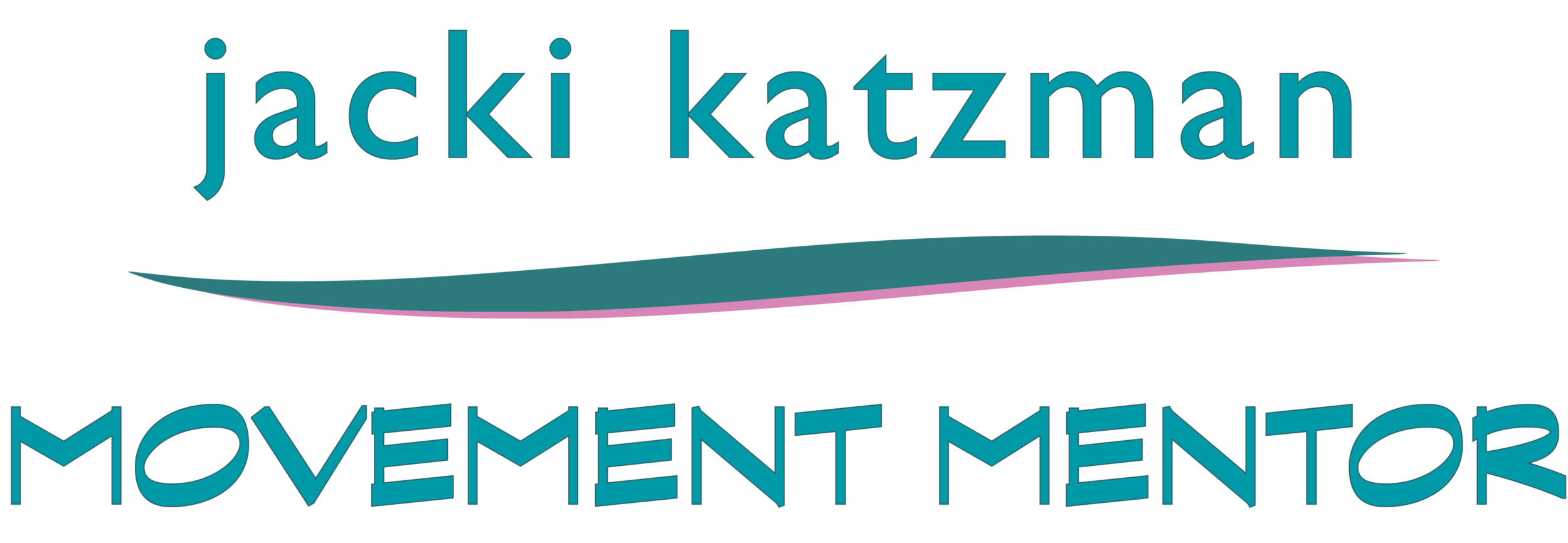Quotes to Note On Incompetence and Resting
An interesting confluence of ideas embedded in the Feldenkrais Method: having no clue and using rest constructively.
Quotes to Note on Incompetence and Resting
Moshe Could Have Said it
from Seth Godin and Sogyal Rinpoche
Incompetence and Resting - two themes that come up all the time in Awareness Through Movement® discussions.
Moshe Feldenkrais believed that people who were completely confident in their abilities didn’t learn, while the ‘neurotics’ who were never satisfied continued to improve over their lifetimes.
Awareness Through Movement lessons challenge us with novel movements, strange combinations, weird positions, and more, to get us out of our habitual comfort zones and into a place where learning can happen. It can be confusing and uncomfortable.
Built into the practice is the idea of the ‘first approximation,” or our best guess as to what the heck the move is about. We come from where we are and stumble forward towards some currently-invisible connection.
And then, voila, suddenly, you are in a new place, with new choices that, a moment before, you couldn’t imagine.
“Learning is about becoming incompetent on our way to getting better.
If you’re not open to the tension that is caused by knowing you could do better, it’s unlikely you’re willing to do the work to get better. As you’re doing that work, there’s the satisfaction it brings, but also the knowledge that just a moment ago, you weren’t any good.”
Resting is another concept baked into the Feldenkrais approach. Recent neurophysiology studies show how rest periods between learning sessions propel learning to a new level. See Huberman Lab on using music and learning and ….
The ancients knew this as well - that resting creates the space to learn. Thanks to Dick Stewart for sharing this quote.
“Dudjom Rinpoche used to say that a beginner should practice meditation in short sessions. Practice for four or five minutes, then take a short break of just one minute.
During the break, let go of the method, but do not let go of your mindfulness altogether. Sometimes when you have been struggling to practice, curiously, the very moment when you take a break from the method - if you are still mindful and present - is the moment when meditation actually happens. That is why the break is just as important a part of meditation as the sitting itself.
Sometimes I tell my students who are having problems with their practice to practice during the break and take a break during their meditation!
”


